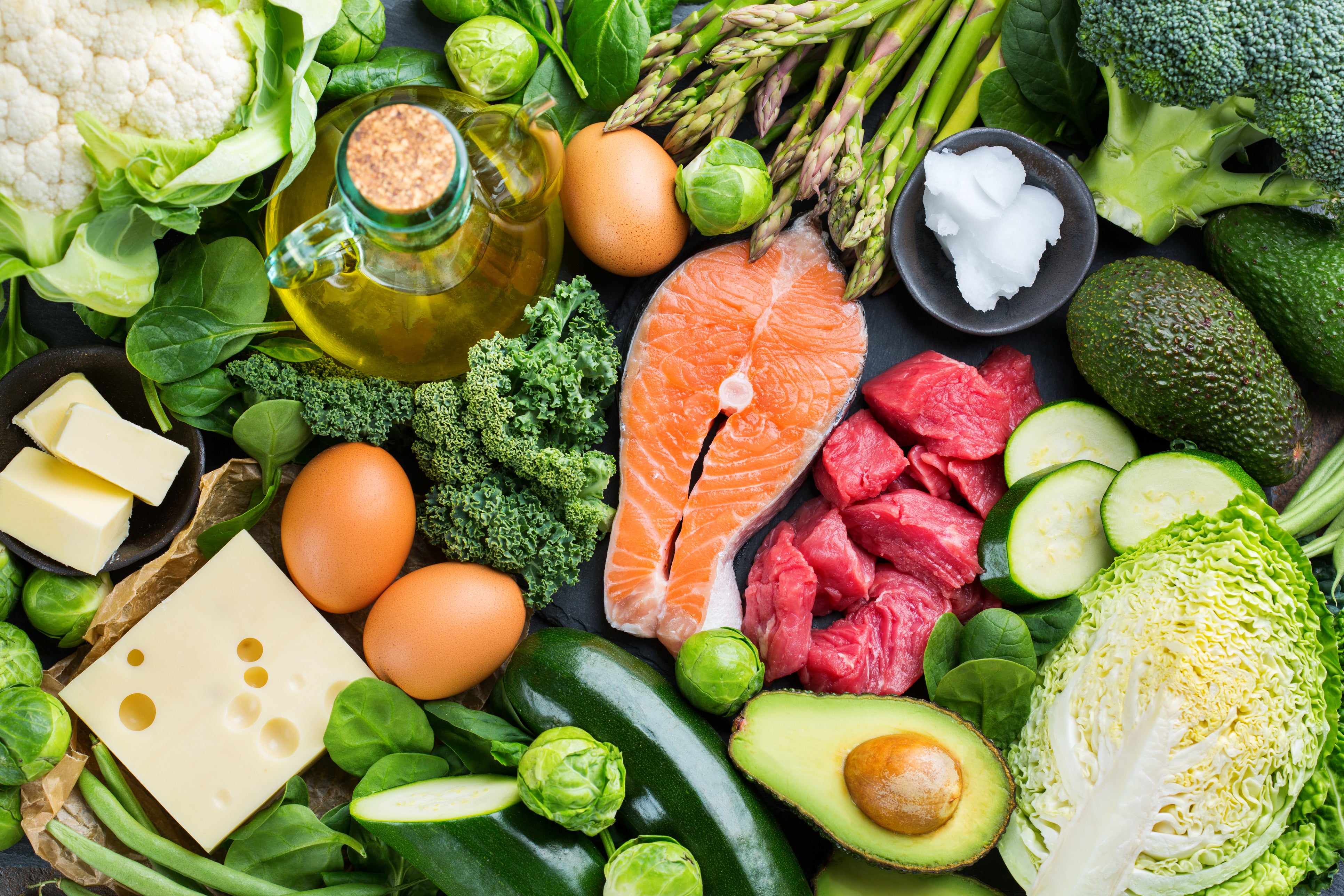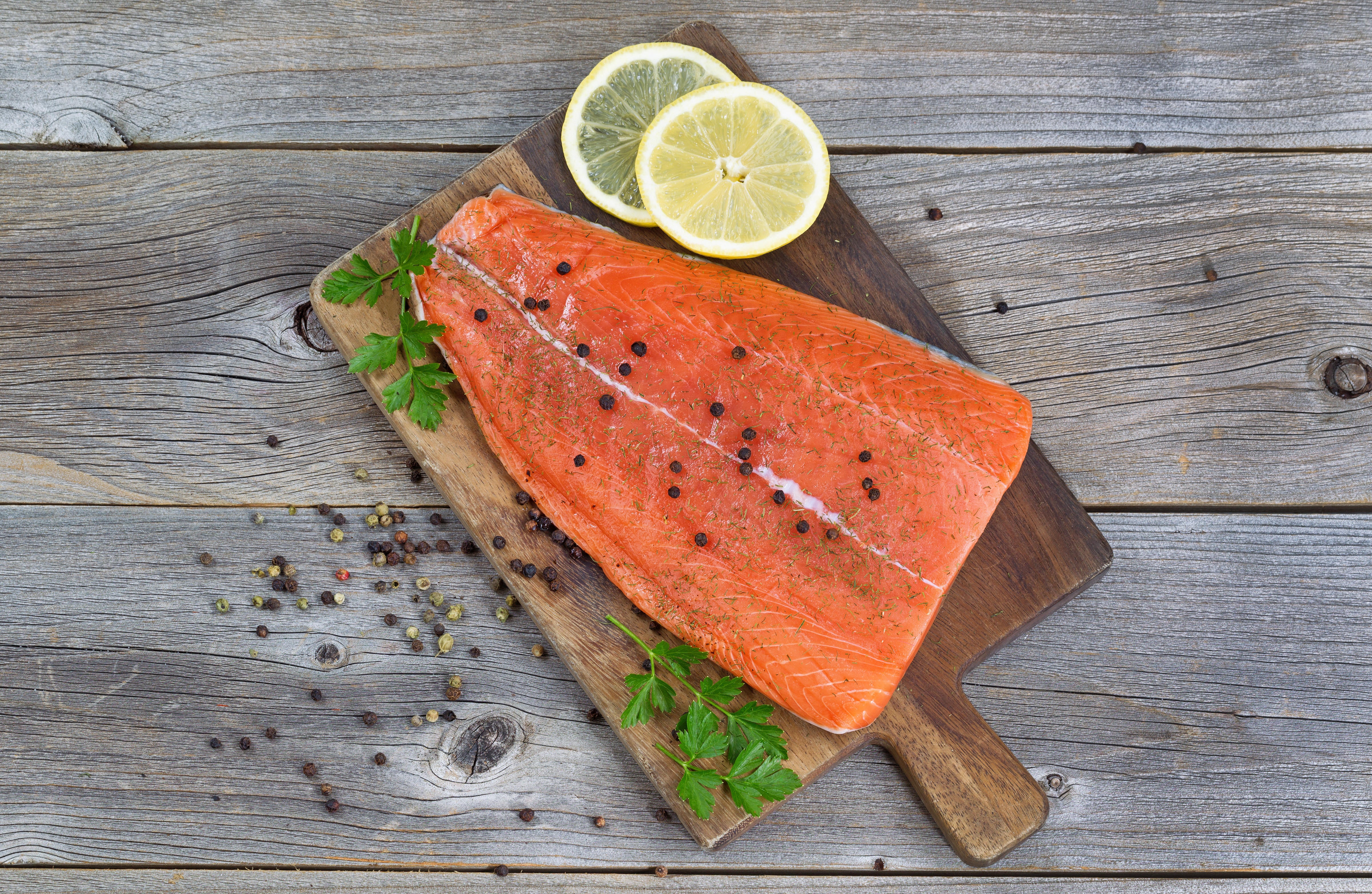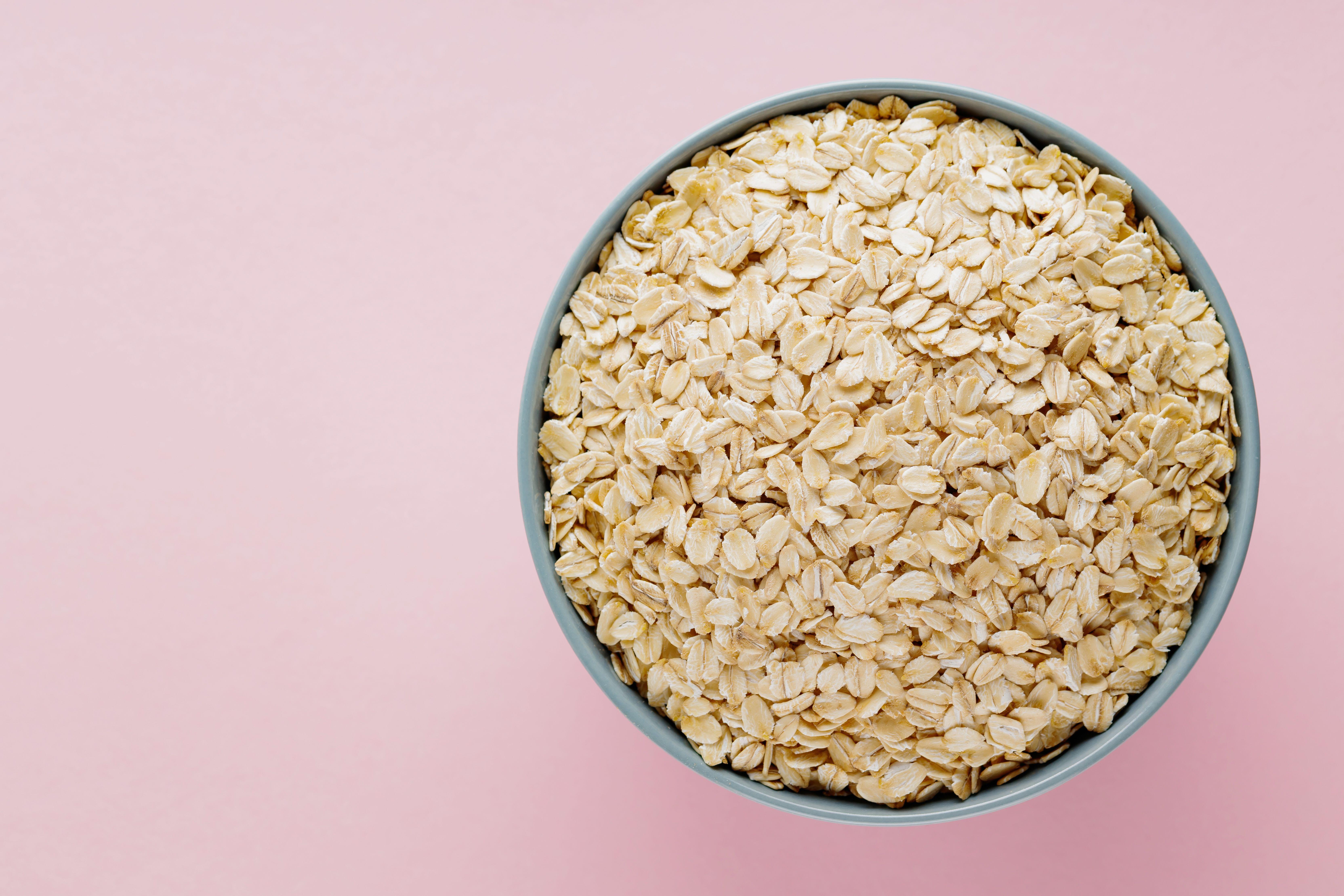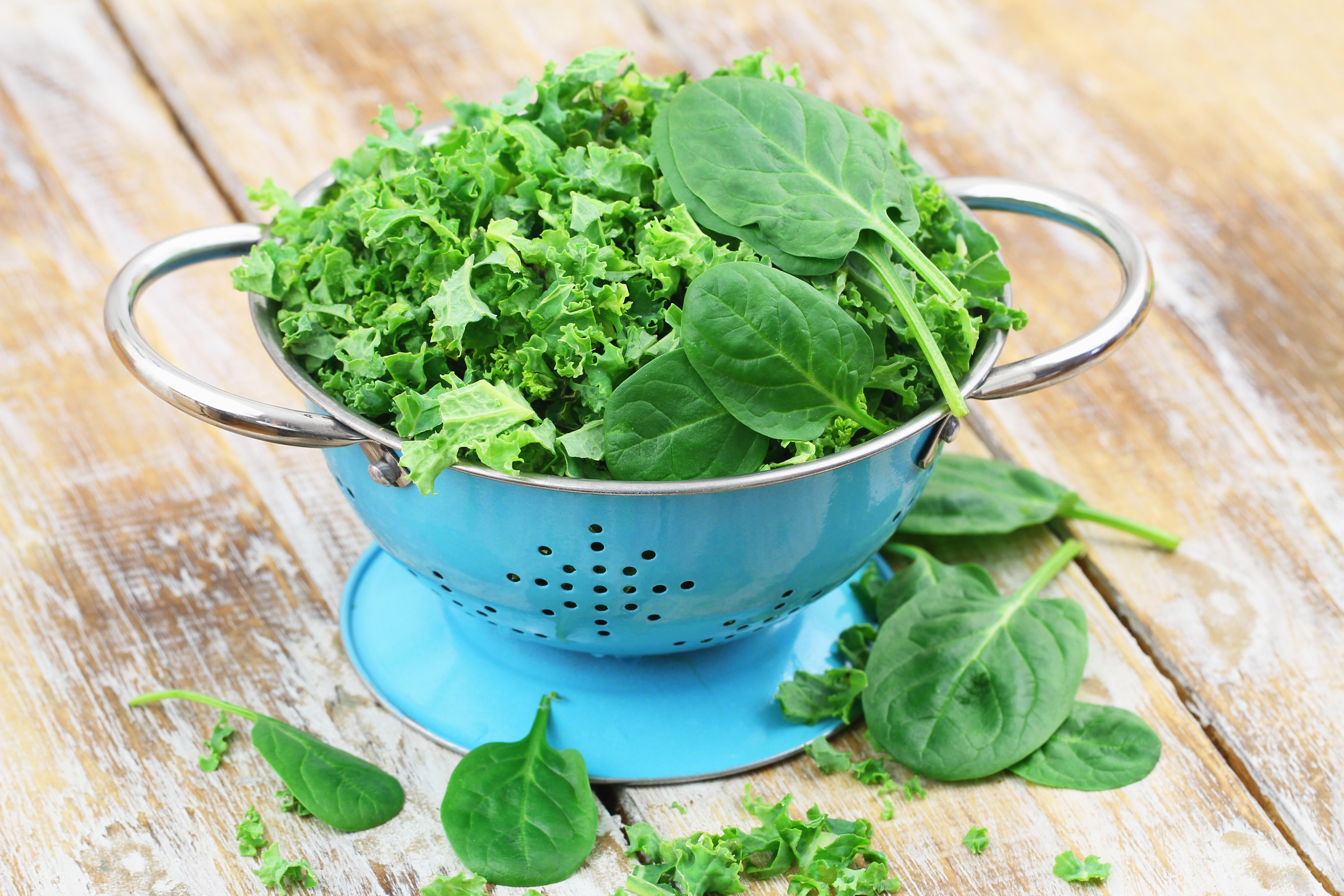
The transformation action, especially night shifts, has long been linked to an increase in the risk of cardiovascular problems.
Now, new research indicates that change is simply when Eat can relieve some of these risks.
A study conducted by the University of Southampton and General Brigham in the United States indicates that eating during the day may be the key to heart health protection for those working for unconventional hours.
Posted in Nature CommunicationsThe study included 20 healthy participants in an environment controlled by night work simulation.
For two weeks, the participants were divided into two groups: one eating during the night to imitate the typical night patterns, and other meals consumed during the day. The researchers accurately follow the effect of the meal timing on many major cardiovascular risk factors.

“Our previous research has shown that the daily imbalance – our behavioral cycle fog can increase our new steps for internal food plans – can increase cardiovascular risk factors.
Consider this, are there specific types of food in particular useful for heart health?
We have consulted with a nutritionist and cardiologist, who highlighted some of the benefits that the next six foods can enjoy in our heart …
1. Salmon

“I recommend including foods like salmon, full of omega -3 fatty acids that can help reduce inflammation and support healthy cholesterol levels,” says Dr. Jay Shah, a Heilo cardiologist.
Rosie Car, a nutritionist in a healthy eating plan, recommends the second nature to bake with a spray of lemon juice and herbs in the oven at 180 ° C for 15-20 minutes, or overfishing in a fragrant broth to obtain a wet and wet result.
2. Oats

“Full grains such as complex carbohydrate oats that help maintain fixed blood sugar levels, preventing inflammatory nails that can harm blood vessels over time,” says Car.
It is also high in soluble fiber, which Shah says helps lower “bad” cholesterol.
“I often suggest oats or porridge overnight with berries as an easy daily option,” Shah recommends.
3. Leafy vegetables

“These foods are rich in nutritional nitrates that turn into nitric oxide in the body, which helps the blood vessels to expand, improve blood flow, and reduce blood pressure,” says Car. “Regular consumption has been linked to improving exercise performance and cardiovascular function.”
Turn and spinach also explode full of potassium.
“The leafy vegetables are great for potassium content and help to balance the levels of sodium in the body,” says Shah. “It can be easily added to soup, soup, or stirring as a healthy addition.”
4. Excellent virgin olive oil

“Excellent virgin olive oil is rich in monounsaturated fats, and strong antioxidants are called polyphenols that reduce oxidative stress and inflammation,” explains Car. “Low -degree chronic inflammation contributes to heart disease by affecting our arterial health.”
The dietitian recommends using it as a finishing oil on vegetables, in homemade salad dressings, or for low -temperature cooking.
“You can also spray it on whole grain bread instead of butter,” Car added.
5. Tomatoes

“Tomatoes are food rich in bacopin, and the bacopin is a powerful antioxidant that reduces inflammation and prevents cholesterol oxidation,” explains Car. Interestingly, cooking tomatoes increases the biological availability of the bacopin.
“Therefore, I recommend slow tomatoes with a little olive oil to focus flavors and increase the availability of lacobin, or merge the tomato paste into soup and sauces.”
6. fermented dairy (yogurt, kefir)
“Ferla dairy products contain probiotics, which may help reduce blood pressure and chronic inflammation,” Car says. “Vitamin K2 helps in these foods to prevent calcium from building in arterial walls.
“I recommend using simple, non -sweetened yogurt as a base for breakfast, as an alternative to sour dignity, or in pickles.”